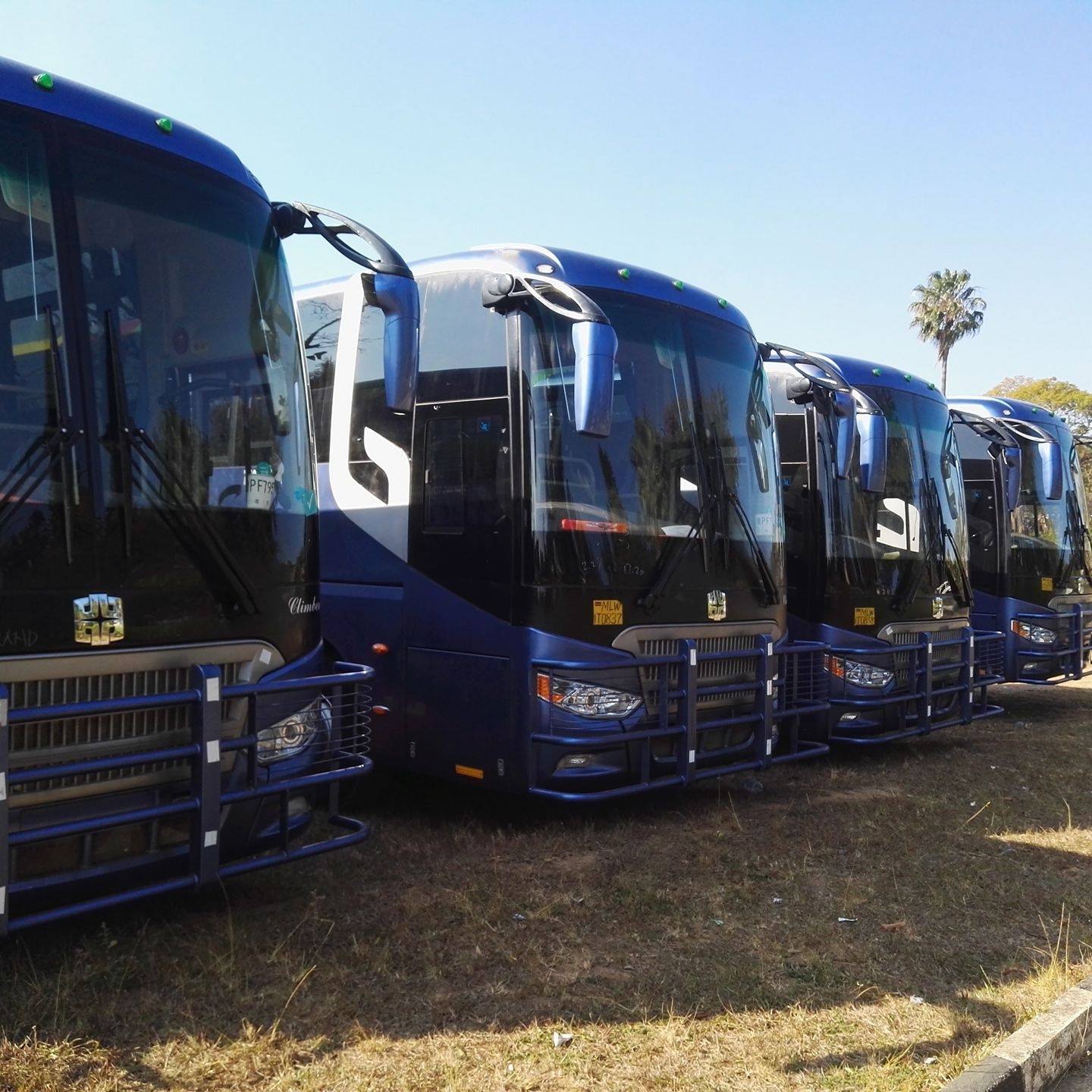“I learned that leadership is about falling in love with the people and the people falling in love with you. It is about serving the people with selflessness, with sacrifice and with the need to put the common good ahead of personal interests.”
These were the words of Joyce Banda, the president of Malawi, at thefuneral of Nelson Mandela in South Africa last December, prompting one politician to remark: “She stole the show.” Few who heard her inspiring tribute were likely to suspect that, six months later, Banda would be facing electoral humiliation, the end of her political career and potentially even jail.
The results of Malawi’s drawn out and chaotic election could finally be released as soon as Friday. Even if they are delayed again by the country’s high court, it is widely believed that Peter Mutharika will be the winner while Banda, the second female head of state in Africa, will be the first to lose an election.
What went wrong for the 64-year-old feted by the west as a champion of women’s rights and saviour of Malawian democracy? Partly, it seems, there were impossibly high expectations. Partly, also, there were deep economic troubles and corruption scandals, some of which she inherited and some that were of her own making.
In addition, those who have observed Banda at close quarters describe a well-meaning but naive politician who became dazzled by western attention and found herself out of her depth. “She contributed to her own problems, for example by picking a silly fight with Madonna,” oneobserver said. “There are members of her own family who think she’s lost the plot.”
Banda was an accidental president whose rise came suddenly in 2012 when the increasingly authoritarian rule of Peter Mutharika’s brother,Bingu wa Mutharika, was cut short by a fatal heart attack. By constitutional rights she, as vice-president, was the successor but Mutharika’s allies conspired to block her. She turned to the head of the army for support and he gave it.
Banda has often said she found the agriculture-based economy in a “total mess”. She moved swiftly to devalue the currency by 49%, much to the gratification of the International Monetary Fund but the displeasure of impoverished Malawians, who were soon to feel the pain of stringent reforms.
Then came a far-reaching corruption debacle, dubbed Cashgate, in which more than $100m of state funds were said to have been embezzled, prompting some donors to freeze aid while dozens of civil servants, businessmen and politicians were put on trial. Banda fired her cabinet last October but many believe the buck stops with her.
Voice Mhone, head of the Council for Non-Governmental Organisations (Congoma) – an umbrella body for 500 local and international NGOs – said the president had “not convincingly dealt with the issues of Cashgate … She seemed to have benefited from it. Cashgate was the last nail in the coffin.”
When it came to the 20 May election, Banda attempted to use incumbency to her own advantage, hardly unknown in Africa, but with tactics that smacked of desperation. She handed out out maize, motorcycles, cows and houses to hundreds of peasants. Without accounting for the source of the funds, she donated 50m kwacha (£75,525) to two popular but financially struggling football clubs.
Banda “got it wrong from the word go with her campaign strategy of giving handouts to poor people”, Mhone said. “The idea of handouts used to work in the past … but Malawians now vote in terms of performance of delivery of public institutions. The idea of handouts flopped.”
The president’s failed attempt last weekend to declare the election “null and void”, citing irregularities, did little to calm the anxiety of western backers for whom she had lost her shine.
Critics say Banda lacked political acumen and began to believe the development community’s publicity. She also raised eyebrows by forging an alliance with the Zimbabwean president, Robert Mugabe, and calling on the west to lift sanctions against him. Earlier this year she hosted a dinner for Mugabe and Tim Shriver, the head of the Special Olympics and a nephew of John and Robert Kennedy. “Between Mugabe and a member of the Kennedys, she was starstruck,” one witness recalled.
From meetings in London to speeches at Mandela’s funeral, Banda was more popular abroad than in Malawi itself. The consumer rights activist John Kapito labelled her an “absent president”, adding: “She was always outside the country and could hardly follow issues happening back home. She failed to touch base with domestic issues.”
Chikavu Nyirenda, a leading political analyst, said: “She neglected to look at the local scene but spent a lot of time to please the west and promote herself.”
Malawians had many expectations that “she would change the way of doing business, but she incorporated too many recycled politicians who had nothing new to offer”, Nyirenda added. “Malawians have voted with their feet and shown her a red card. She lost the plot because she did not deal with the concerns of the people. Food security and simply giving handouts was not the solution.”
He suggested that Banda’s removal from office would “enable Malawi to take off on a new trajectory. It’s like a purging and a breath of fresh air.”
Preliminary results give Mutharika a clear lead in the disputed election. Should he win, the corruption scandals could be turned against Banda in the form of prosecution, trial and even imprisonment. It will be payback time, after Mutharika and five other ministers were arrested and charged with treason for trying to block her ascent.
One of them, Henry Mussa, said: “Treason is still around our necks. Treason is a serious crime punishable by death, but what is that we committed? This was a politically motivated charge.”
Banda’s fall would then be complete – and she may discover she has run out of friends overseas.
No tit-for-tat struggle, however, is going to fix the long-term problems of a nation that still relies on foreign donors for 40% of its budget. Greg Mills, director of the Brenthurst Foundation, a Johannesburg-based think-tank close to Banda, said: “Regardless of who is in power, something more than just regimes will have to change in Malawi, otherwise donor assistance and fragility will be forever, along with a pestiferous cycle of state contracts, corruption, imports, backhanders, public sector procurement and vested interests.”




